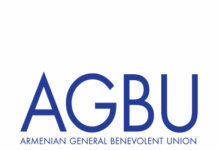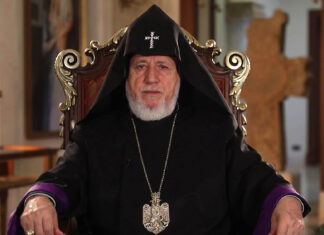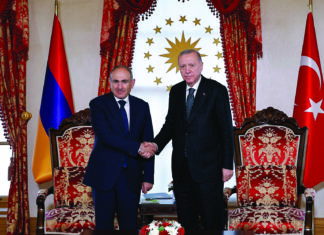By Margarita Antidze
TBILISI (Reuters) — The former Soviet republics of Armenia and Azerbaijan are closer to war over Nagorno-Karabakh than at any point since a ceasefire brokered more than 20 years ago, the International Crisis Group (ICG) said.
Fighting between ethnic Azeris and Armenians first erupted in 1991 and a ceasefire was agreed in 1994. But Azerbaijan and Armenia have regularly traded accusations of violence around Nagorno-Karabakh and along the Azeri-Armenian border.
Clashes over control of Nagorno-Karabakh have intensified in the past three years and turned into a violent flare-up of the conflict last April, when the ICG said at least 200 people were killed.
It said any descent into all-out war could draw in regional powers, which include Russia and Turkey – closely allied to Armenia and Azerbaijan respectively.
Since mid-January this year, deadly incidents involving the use of heavy artillery and anti-tank weapons have occurred and May saw a significant increase, including reports of self-guided rockets and missiles used near densely populated areas along the contact line.








